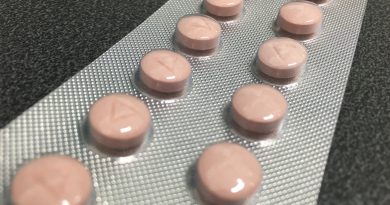What is blood pressure and what does high blood pressure cause?
Blood pressure (BP) is the pressure exerted on the walls of blood vessels. High blood pressure is very common, and occurs in more than 1/4 of adults in the UK. Uncontrolled blood pressure more than doubles your risk of death from stroke, heart disease or other vascular disease.
There are two types of high blood pressure or hypertension:
1) Essential: which is primary, a direct result of unknown cause AND
2) Secondary: is caused by another condition – for example in some hormonal conditions, lifestyle factors or pregnancy.
Blood pressure is made up of two values: there is a systolic and diastolic value, which measures the pressure on your blood vessels when the heart is contracting and relaxing respectively.
| Systolic (top) | Diastolic (bottom) | |
| Normal | <120 | <80 |
| Prehypertension | 120-139 | 80-89 |
| Moderate | 140-159 | 90-99 |
| Severe | >160 | >100 |
| Emergency | >180 | >120 |
These are the values used by your Doctor. Historically it was always thought that the diastolic reading bared more weight than the systolic, but evidence now suggests that they are both important and that we should be aiming beneath these slightly generous stated values.
It is normal for blood pressure to vary, it varies with stress, sleep and exercise for example. It also varies throughout the day naturally. Particularly as you get older it is important to monitor your blood pressure and go and see a Doctor if you are worried about the readings you are getting. You will not feel any symptoms from having high blood pressure. However, BP values that are consistently high over a period of time, increase your risk of many diseases: including Heart Failure, Strokes, Kidney damage and damage to your eyes.
Source: American Heart Association.
There are some factors which are we cannot control, but many simple changes to our lifestyle can help to decrease our blood pressure.




